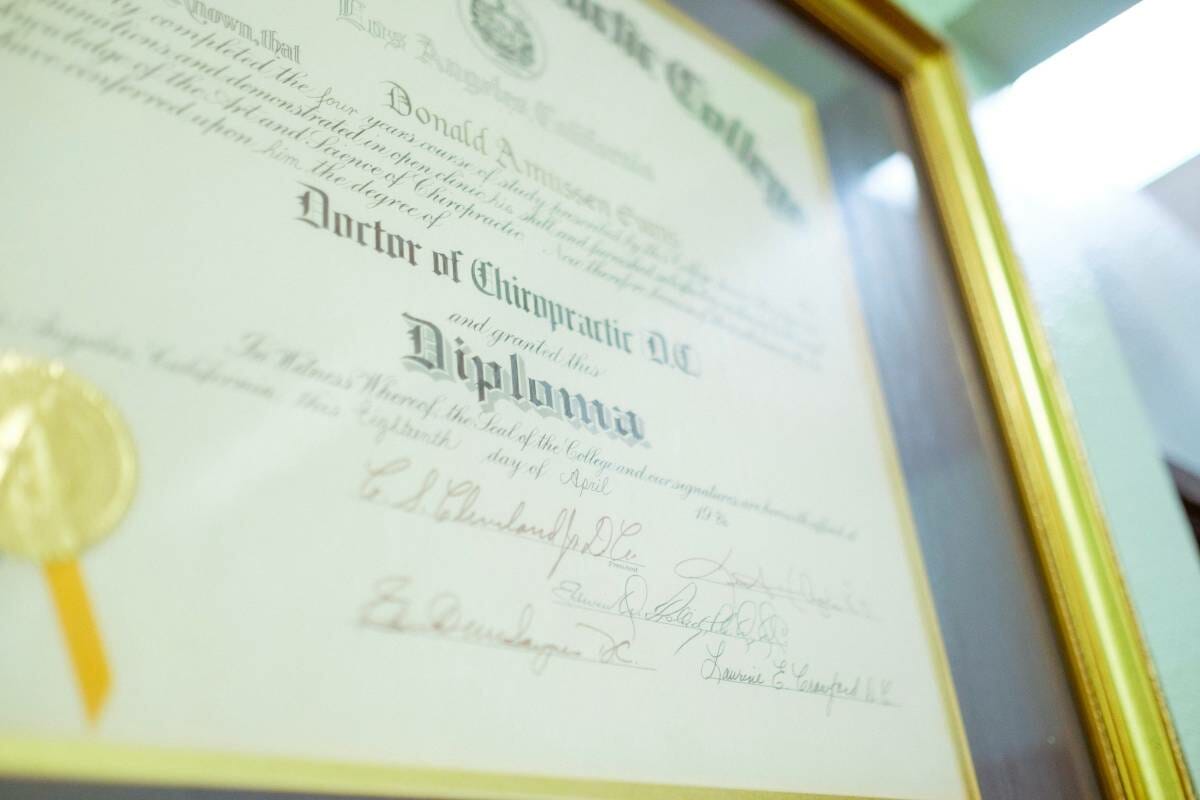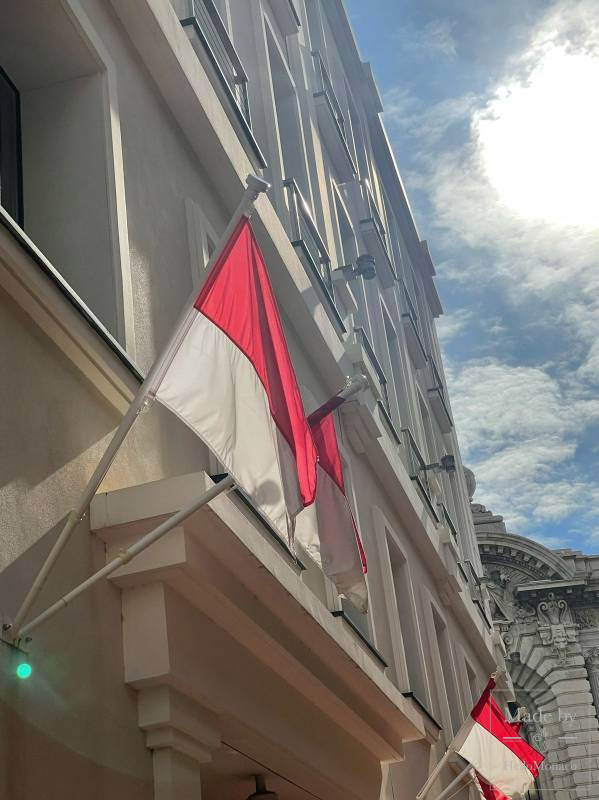Monaco has gone to great lengths to ensure its diplomas in higher education are recognized throughout Europe. From this May 1st this will be formally the case after working in tandem with the Council of Europe and UNESCO. Monaco becomes the 55th State Party to a formal convention, which will enter into force for the Principality on May 1.
Known as the Lisbon Convention adopted in 1997, it promotes the fair recognition of academic qualifications. Developed jointly by the Council of Europe and UNESCO, it is overseen by the Convention Committee and the European Network of National Information Centers on Academic Recognition and Mobility to monitor, promote and facilitate its implementation.
Gabriel Revel, Chargé d’Affaires of Monaco at the Council of Europe, handed over the Principality’s instrument of accession to the Convention on the recognition of qualifications relating to higher education in the European Union, to Bjorn Berge, Deputy Secretary General of the Council of Europe.
Thus having just acceded to the UNESCO and Council of Europe convention on the mutual recognition of higher education diplomas, Monaco assures by this membership the recognition of diplomas issued on Monegasque soil across Europe.
History of the Recognition across Europe of Educational Qualifications
The possibility for students to study abroad has been recognised as an essential element of European integration since the foundation of the Council of Europe in 1949. Within the Council of Europe, several international treaties were elaborated in this field: starting with the right to education under Article 2 of the first Protocol of 1952 to the European Convention on Human Rights, the European Convention on the Equivalence of Diplomas leading to Admission to Universities was opened for signature in 1953, the European Convention on the Equivalence of Periods of University Study in 1956, the European Convention on the Academic Recognition of University Qualifications in 1959, the European Agreement on continued Payment of Scholarships to students studying abroad in 1969, and the European Convention on the General Equivalence of Periods of University Study in 1990.
In addition, under Article 2 of the Council of Europe’s European Cultural Convention of 1954, each Contracting Party shall, insofar as may be possible: encourage the study by its own nationals of the languages, history and civilisation of the other Contracting Parties and grant facilities to those Parties to promote such studies in its territory; and endeavour to promote the study of its language or languages, history and civilisation in the territory of the other Contracting Parties and grant facilities to the nationals of those Parties to pursue such studies in its territory.
The Lisbon Recognition Convention is an important instrument for the Bologna Process which aims at creating the “European higher education area” by making academic degree standards and quality assurance standards more comparable and compatible throughout Europe.








